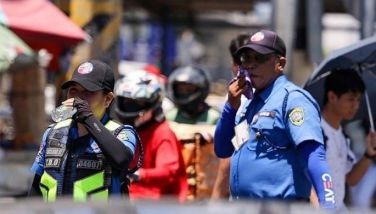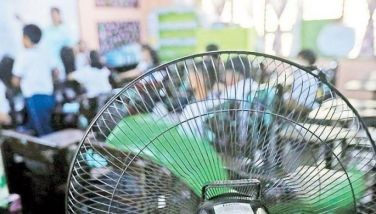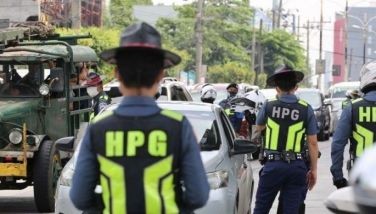Mass testing depends on resource adequacy — Duque
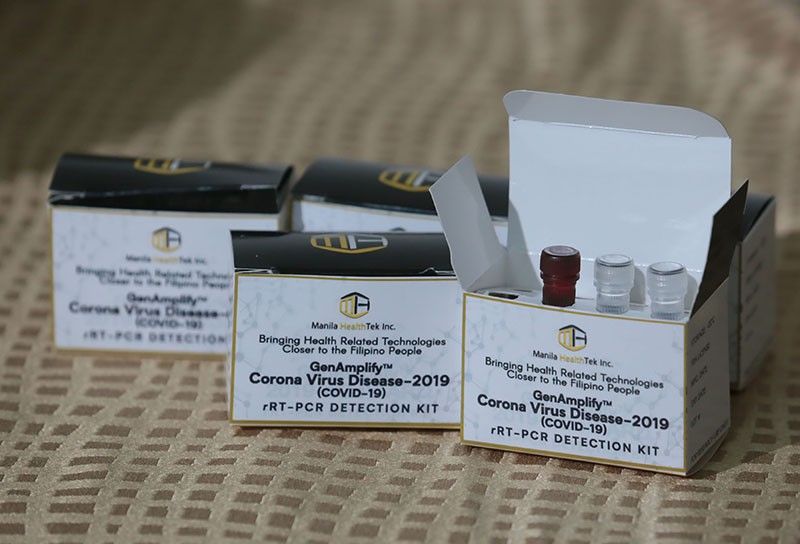
MANILA, Philippines — Even with more test kits, the Philippines lacks the capabilities to embark into a mass testing similar to that of South Korea, a painful fact that demonstrates the government’s belated response to the coronavirus disease-2019 (COVID-19) and the struggle of an ill-equipped healthcare system.
More than 100,000 test kits donated by South Korea, China and Brunei finally arrived this week, a crucial augmentation to testing facilities at the Research Institute for Tropical Medicine (RITM) in Muntinlupa where the country’s lone testing center had been swamped with samples collected from hospitals nationwide.
But even with new supplies, Health Secretary Francisco Duque III told Philstar.com mass testing, where even asymptomatic individuals exposed to confirmed patients are tested, cannot be done and that testing kits would have to be allocated.
“What is your definition of mass testing? In the end, it is still the number of test kits that will determine how many can be tested,” Duque said in a text message on Saturday evening.
The limited supply of testing kits demonstrates the difficulty of procuring them at a time of rising global demand amid the pandemic. But it also shows a lack of preparation from the government which early on downplayed the threat of COVID-19 that has already infected 380 people as of Friday, 25 of whom died.
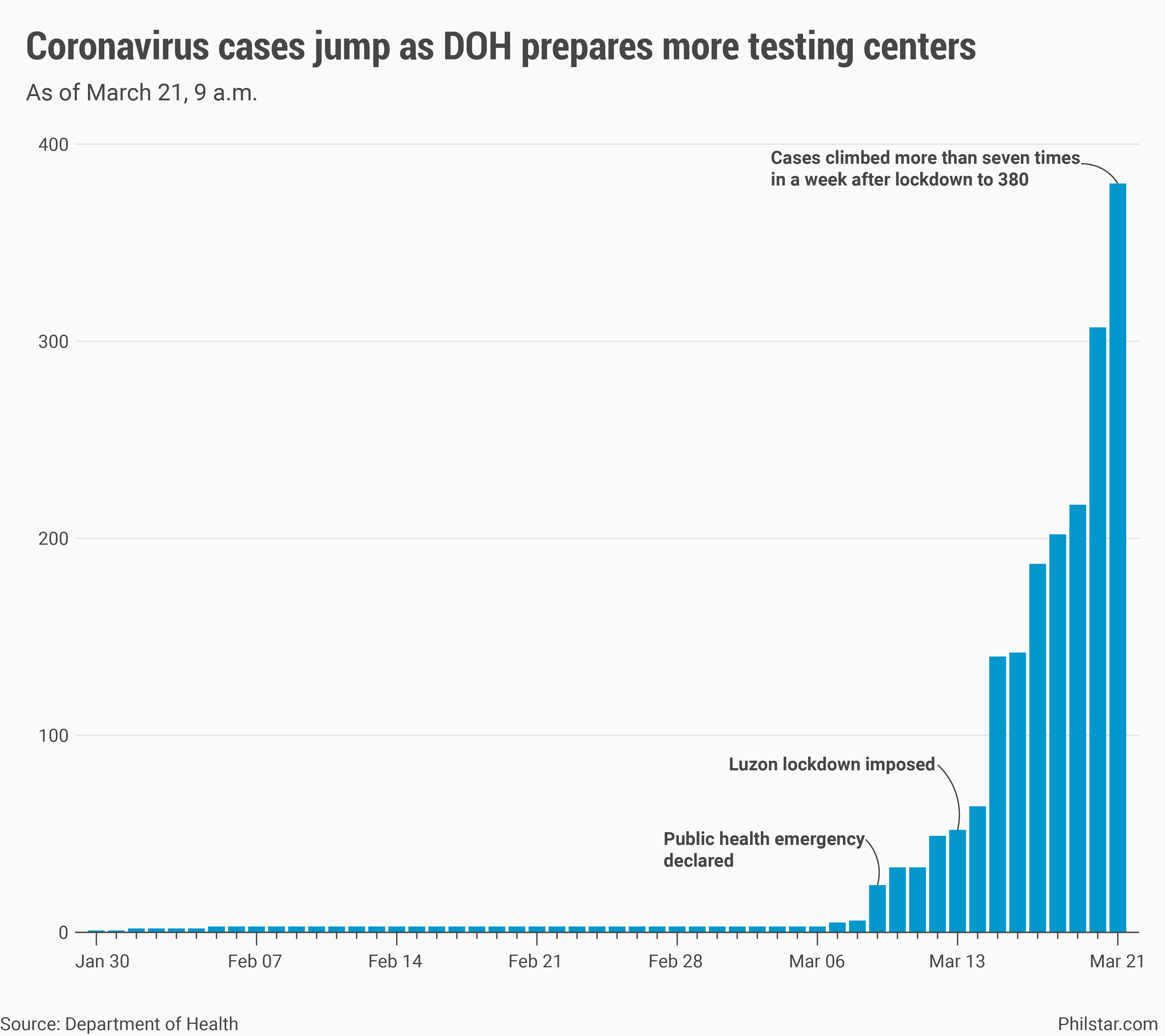
Even with the test kits finally coming in, problems also arise as to the laboratories that will do the testing. Stringent protocols in handling highly contagious pathogens like the novel coronavirus are in place, and unfortunately, not all hospital laboratories are equipped with the necessary safety measures for testing.
From testing kits getting rationed off to inadequate laboratory facilities, Duque said the whole process of testing for COVID-19 “is not as simple as others may want to appear.”
Slow-paced testing
The Philippines currently follows a PCR test to diagnose COVID-19, a process that can take between one and two days in a typical setting. Since at the onset, the Department of Health centralized COVID-19 testing, the whole process was delayed and bogged down when more people showed up with symptoms to get tested.
From January to February, RITM was designated as the lone testing center for COVID-19, processing an average of 600 tests a day, according to Health Assistant Secretary Maria Rosario Vergeire on Saturday. The health department said RITM’s capacity was evidently insufficient, creating an “overflow of samples” and a backlog in testing. The testing was so hampered that there were reports of patients dying even before test results become available.
Several fixes to the slow testing were undertaken, including augmentation with locally-developed testing supplies from scientists at the University of the Philippines. On the demand front, DOH limited testing to the elderly and those with underlying diseases like diabetes and hypertension, while sending others with mild symptoms into home quarantine. This has been a contentious policy broken by some senators who got tested despite being asymptomatic.
The testing proper could also be tedious. Duque said testing for COVID-19 undergoes a “five-step” process which can be time consuming. Similarly, while more test kits are now available, equipping hospitals to handle them is another tasking duty.
Apart from RITM, DOH is turning five state hospitals in the archipelago as testing centers namely San Lazaro Hospital, and Baguio General Hospital and Medical Center for Luzon, Vicente Sotto Memorial Medical Center for Visayas, and Southern Philippines Medical Center for Mindanao. Once operational, these laboratories would add between 50-300 tests daily.
Searching laboratories
A key delaying factor for more testing is certifying these hospitals can safely handle a dangerous pathogen like the novel coronavirus. “Not all the labs can do a five-step COVID testing as there is still limited number of PCR machines to read and process the test,” Duque said.
“Remember that lab personnel will be handling live viruses and if the lab is not up to the standard of safety, it runs the risk of developing massive laboratory epidemics which may be very hard to contain,” he explained.
Private hospitals, where resources are more available, are also helping. Laboratories in St. Luke’s Medical Center in Quezon City and Bonifacio Global City, Makati Medical Center, The Medical City and Chinese General Hospital will also be assessed for preparedness to handle COVID-19 testing on their own.
The World Health Organization itself has recommended for countries to “test, test, and test” all suspected cases of COVID-19, naming testing as a top response, together with social distancing and frequent handwashing, to the outbreak.
Despite this, and more laboratories opening and testing kits arriving, Duque appears not inclined to give in to calls for a mass testing as he stressed that the challenges faced by the sector.
“What is important is that as soon as kits are validated, as soon as extension labs are certified to be acceptable, RITM should immediately allocate kits rationally,” Duque said.
- Latest
- Trending
















